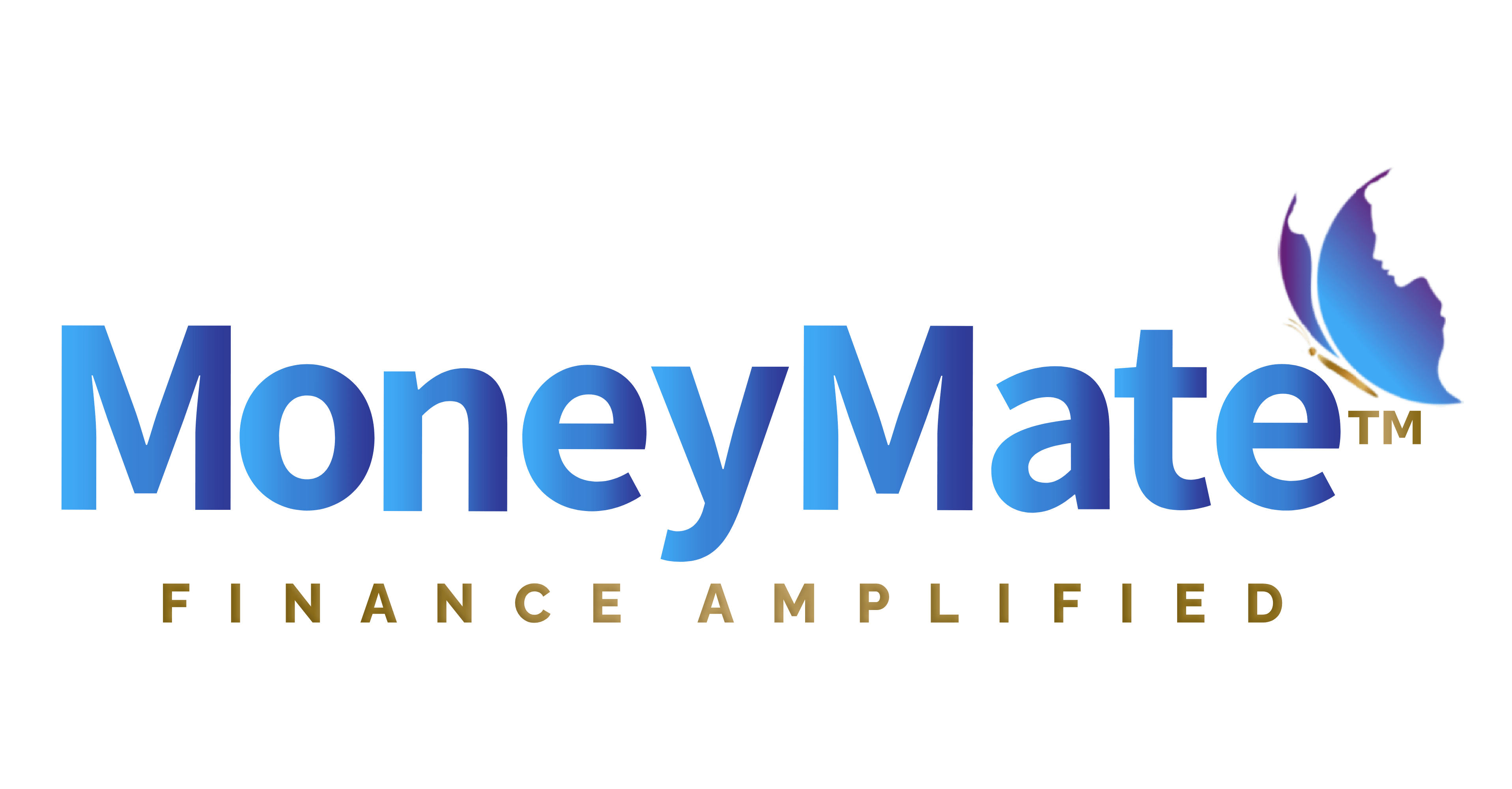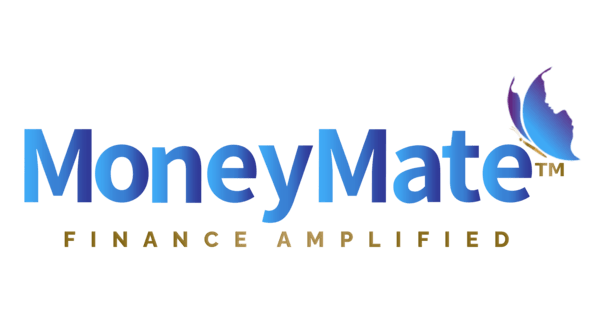As a small business owner, maintaining a clear separation between your personal and business finances is essential not only for organization but also for protecting your personal assets. Here’s why you must do so and the risks you face if you don’t:
Why Separate Business and Personal Finances?
When you mix business and personal finances, you risk piercing the corporate veil. This legal concept protects your personal assets from business liabilities, such as debts or legal actions against your business. If a court determines that you’ve blurred the lines between personal and business finances, it could hold you personally responsible for the business’s obligations, which means your personal savings, home, and other assets could be at risk.
The Financial Risks of Not Separating
- Personal Liability: When business and personal finances are intertwined, you lose the protection a separate legal entity (like an LLC or corporation) provides. This means you could personally be held liable for business debts or legal claims, potentially losing your personal assets.
- Tax Issues: The IRS requires clear documentation of business expenses for tax purposes. Mixing personal and business funds complicates this and could lead to tax audits, penalties, or interest charges. By keeping business expenses separate, you make it easier to track eligible deductions and avoid potential tax trouble.
- Confusion with Accounting: When your business transactions are mixed with your personal spending, it becomes difficult to know whether your business is truly profitable or if you’re spending more than you think. Accurate bookkeeping is crucial for making informed financial decisions and growing your business.
- Challenges with Loans and Investors: Investors or lenders may be less likely to provide financing if they see a lack of clear separation. Clear financial records help paint a picture of the health of your business and show that you’re managing it professionally.
How to Separate Personal and Business Finances
Here are a few simple but effective steps you can take to ensure proper separation:
- Open Business Accounts: As soon as you start your business, open a separate business checking account, savings account, and credit card. This will ensure that business expenses are paid from business accounts and not mixed with personal funds.
- Use Accounting Software: Leverage accounting software to keep track of your business expenses and income. Tools like QuickBooks, FreshBooks, or even simpler options like Wave can help you keep track of every penny spent or earned by your business. Many software tools also integrate directly with your bank accounts, which makes tracking easier.
- Pay Yourself a Salary: If you’re the owner, make sure to pay yourself a salary. Avoid withdrawing large sums of money from your business account for personal use without proper documentation. Paying yourself a consistent salary helps differentiate personal spending from business income.
- Maintain Detailed Records: Keep detailed records of all business transactions. This includes receipts for purchases, invoices from clients, and proof of income. These records will serve as evidence if you are ever audited or need to substantiate business expenses.
- Avoid Using Personal Credit Cards for Business: While it may be tempting to use your personal credit cards to pay for business expenses, this complicates your financial records and risks mixing personal and business debt. Instead, use a business credit card for all business-related transactions. This will help you separate the two, which can save time during tax season.
- Get Professional Help: If managing your business finances becomes overwhelming, don’t hesitate to consult with an accountant or bookkeeper. A professional can help ensure you’re compliant with tax regulations and can guide you on best practices for financial management.
Protecting Your Personal Assets
By separating your business and personal finances, you protect your personal assets from business risks. The corporate veil, which provides liability protection, is only valid if you act responsibly and maintain clear distinctions. Failing to do so can result in serious consequences, including losing the protection of your LLC or corporation, leaving your personal savings vulnerable.
The Role of Proper Financial Management
Good financial management is key to business growth and stability. Maintaining clear financial boundaries ensures that you can make informed decisions, track your profits, and prepare for taxes. It also prevents the temptation to dip into business funds for personal use, which can hurt your business in the long run.
Separating finances isn’t just about protecting your assets—it’s about running a business in an organized, sustainable way. It helps you stay on top of your financial situation, reduces the risk of costly mistakes, and improves your chances of securing funding when you need it. Remember, running a successful business starts with sound financial practices, and that begins with keeping business and personal funds separate.
Final Thoughts
By taking steps to separate your business and personal finances, you’re safeguarding not only your business’s success but your personal assets as well. It may require some discipline at first, but the long-term benefits will far outweigh the initial effort. Prioritize financial organization and protect yourself from unnecessary risks today.
For more advice on financial management for small businesses, our finance managers can help you manage and separate your business and personal finances effectively. We understand the complexities of financial organization and can guide you on best practices to avoid risks like piercing the corporate veil. Our team provides personalized advice to help you maintain clear distinctions between business and personal accounts, protect your personal assets, and ensure compliance with tax regulations. Reach out to our finance managers today for expert guidance.
Source
Rohde, Jeff. 2022, Roofstock, https://learn.roofstock.com/blog/passive-income-vs-active-income#:~:text=Passive%20income%20includes%20money%20earned,wages%2C%20salaries%2C%20and%20commissions.
Continue Reading – Raising Capital for Small Businesses
https://ehmoneymate.com/raising-capital-for-small-businesses/




